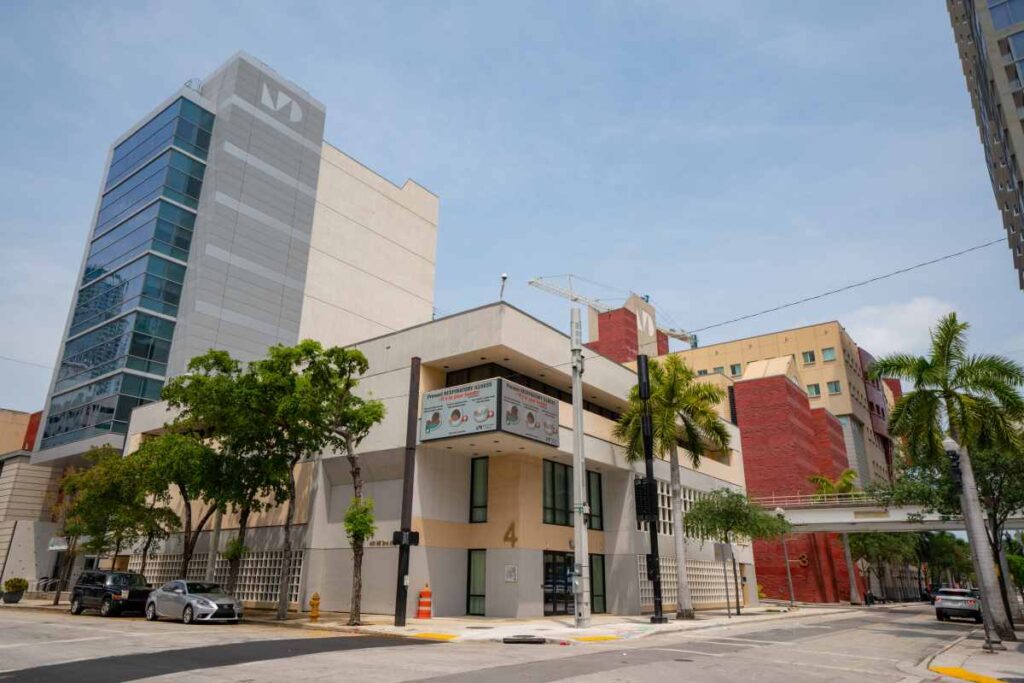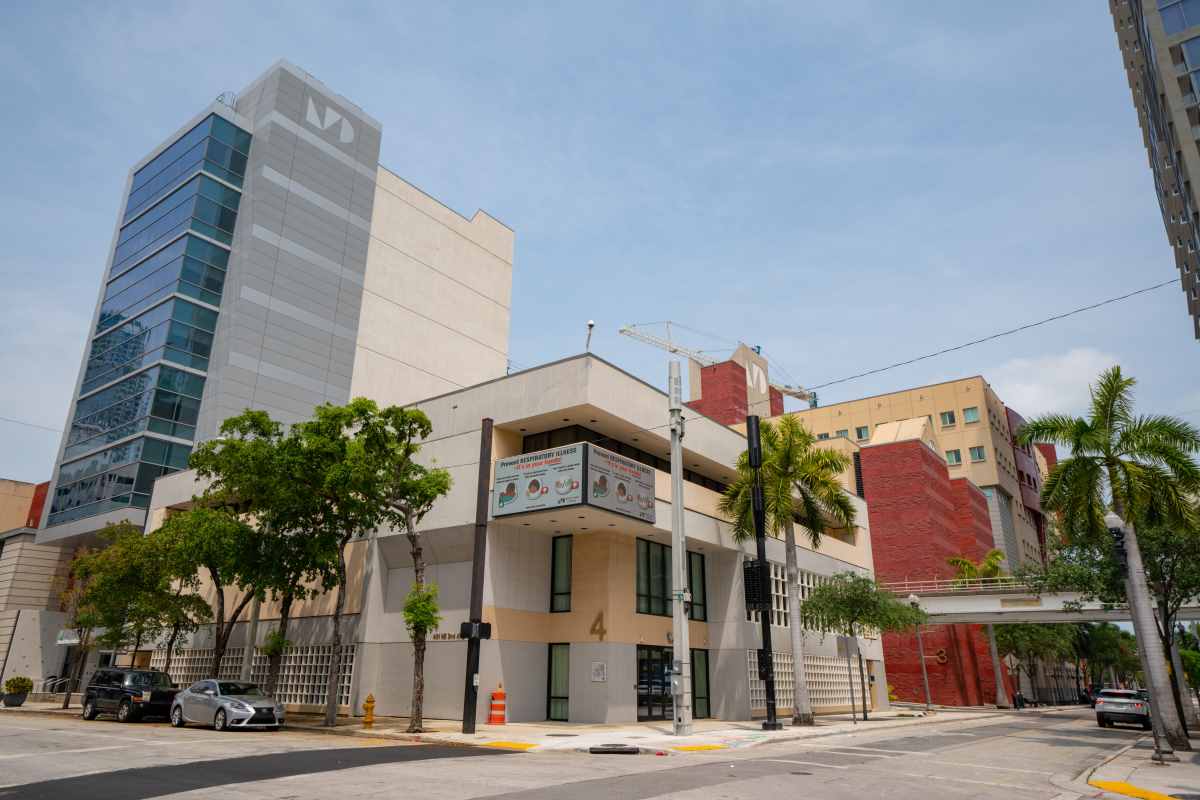
Navigating Higher Education: A Guide to Public Universities in Miami
Miami, a vibrant metropolis known for its cultural diversity and economic opportunities, also offers a range of options for those seeking higher education. While often associated with its private institutions, the city and its surrounding areas are home to several excellent public universities in Miami. This article provides a comprehensive overview of the public universities in Miami, highlighting their unique strengths, academic programs, and admission requirements.
Understanding the Landscape of Public Universities in Miami
When considering public universities in Miami, it’s essential to understand the different types of institutions available. These range from large research universities with a wide array of programs to smaller, more specialized colleges. Each offers a unique educational experience, catering to different academic interests and career aspirations.
Florida International University (FIU)
Perhaps the most prominent public university in Miami is Florida International University (FIU). Located in University Park, FIU is a large, comprehensive research university. As a top-tier research institution, FIU offers a wide range of undergraduate and graduate programs across various disciplines, including business, engineering, law, medicine, and the arts. Its diverse student body and strong community engagement make it a significant contributor to the Miami-Dade County region.
FIU’s commitment to research is evident through its numerous research centers and institutes, focusing on areas such as environmental sustainability, healthcare, and cybersecurity. The university also boasts a strong athletics program, adding to its vibrant campus life. For students seeking a comprehensive educational experience at a leading public university in Miami, FIU is an excellent choice.
Miami Dade College (MDC)
While technically a state college, Miami Dade College (MDC) plays a vital role in the higher education landscape of Miami. MDC is the largest community college in the United States, offering associate degrees, bachelor’s degrees, and a variety of vocational training programs. With multiple campuses throughout Miami-Dade County, MDC provides accessible and affordable education to a diverse student population.
MDC’s focus on student success is reflected in its comprehensive support services, including academic advising, tutoring, and career counseling. The college also has strong partnerships with local businesses and organizations, providing students with valuable internship and job opportunities. For those seeking an affordable pathway to a four-year university or a career in a high-demand field, Miami Dade College is a valuable resource. Many students use MDC as a stepping stone before transferring to other public universities in Miami.
University of Miami (UM) – A Note on its Status
It’s important to note that the University of Miami (UM) is a private research university, not a public university in Miami. While UM is a significant player in the city’s higher education scene, its tuition and admission requirements differ significantly from those of public institutions. Understanding this distinction is crucial when comparing educational options in the Miami area.
Factors to Consider When Choosing a Public University in Miami
Selecting the right public university in Miami requires careful consideration of several factors. These include:
- Academic Programs: Does the university offer the specific program or major you are interested in? Research the curriculum, faculty, and research opportunities available in your field of study.
- Location and Campus Environment: Consider the university’s location and whether it aligns with your preferences. Do you prefer a large, urban campus or a smaller, more intimate setting?
- Cost and Financial Aid: Public universities generally offer lower tuition rates than private institutions. However, it’s essential to research the total cost of attendance, including tuition, fees, room and board, and other expenses. Explore financial aid options, such as scholarships, grants, and loans.
- Admission Requirements: Review the university’s admission requirements, including GPA, standardized test scores (SAT/ACT), and application deadlines. Prepare a strong application that highlights your academic achievements, extracurricular activities, and personal qualities.
- Student Life and Extracurricular Activities: Consider the university’s student life and extracurricular activities. Does it offer clubs, organizations, and sports teams that align with your interests? A vibrant campus life can enhance your overall college experience.
The Benefits of Attending a Public University in Miami
Attending a public university in Miami offers several advantages, including:
- Affordability: Public universities generally have lower tuition rates than private institutions, making them a more affordable option for many students.
- Accessibility: Public universities are often more accessible to a wider range of students, with diverse student populations and comprehensive support services.
- Strong Academic Programs: Public universities in Miami offer a wide range of academic programs, from undergraduate degrees to graduate and professional programs.
- Research Opportunities: Many public universities are research institutions, providing students with opportunities to engage in cutting-edge research and contribute to their fields of study.
- Community Engagement: Public universities are often deeply involved in their local communities, providing students with opportunities to volunteer, intern, and make a difference.
Exploring Specific Programs and Opportunities
Beyond the general benefits, each public university in Miami offers specific programs and opportunities that may be of particular interest to prospective students. For example, FIU’s College of Business is highly ranked and offers a variety of specialized programs in areas such as finance, marketing, and international business. The university’s College of Engineering and Computing is also known for its strong programs in areas such as computer science, electrical engineering, and mechanical engineering.
Miami Dade College, while primarily a two-year institution, offers several bachelor’s degree programs in fields such as nursing, education, and public safety. The college also has strong vocational training programs in areas such as healthcare, technology, and hospitality. These programs provide students with the skills and knowledge they need to succeed in high-demand careers.
Navigating the Application Process for Public Universities in Miami
The application process for public universities in Miami typically involves submitting an online application, transcripts, standardized test scores (SAT/ACT), and letters of recommendation. It’s important to carefully review the admission requirements for each university and to submit all required materials by the application deadline. [See also: College Application Deadlines].
Many public universities in Miami also offer rolling admissions, which means that they review applications as they are received. Applying early can increase your chances of admission, especially for competitive programs. It’s also a good idea to visit the university’s campus and attend an information session to learn more about the institution and its programs.
The Future of Public Higher Education in Miami
The future of public universities in Miami looks bright. With increasing demand for higher education and a growing focus on workforce development, these institutions are poised to play an even greater role in the city’s economic and social development. As Miami continues to grow and diversify, its public universities will be essential in providing access to affordable, high-quality education and in preparing students for the challenges and opportunities of the 21st century.
Investing in public universities in Miami is an investment in the city’s future. By providing access to education, research, and community engagement, these institutions are helping to create a more prosperous and equitable society for all.
Conclusion: Making an Informed Decision
Choosing the right public university in Miami is a significant decision that can have a lasting impact on your future. By carefully considering your academic interests, career goals, and financial resources, you can make an informed decision that aligns with your aspirations. This guide provides a starting point for your research, but it’s essential to explore the individual websites of each university and to connect with current students and faculty to gain a deeper understanding of their unique offerings. The availability of quality public universities in Miami makes higher education an attainable goal for many, fostering personal and professional growth within a thriving community.

